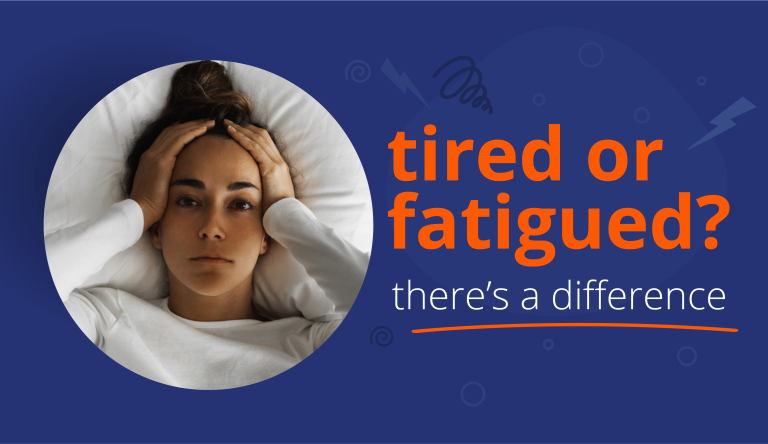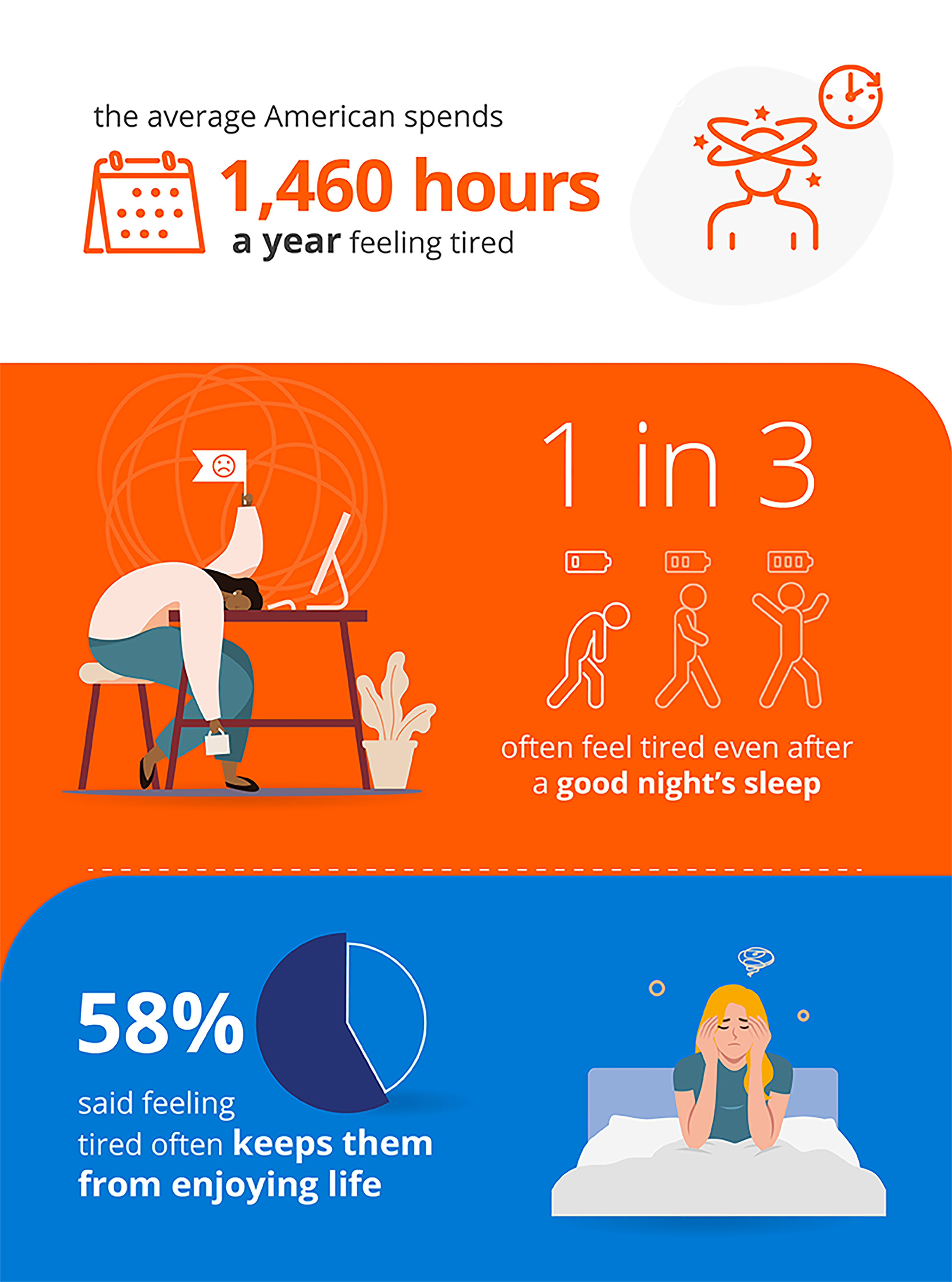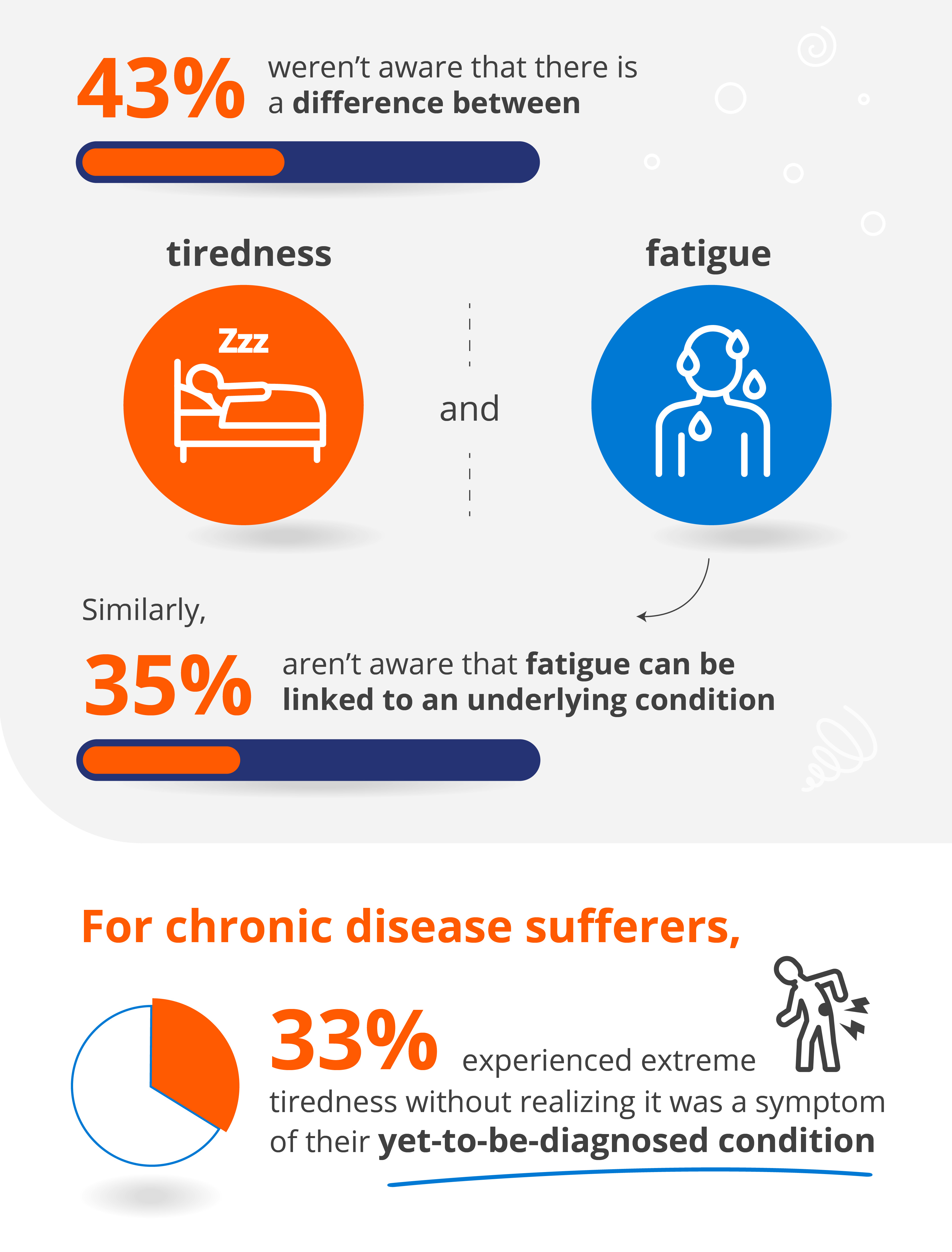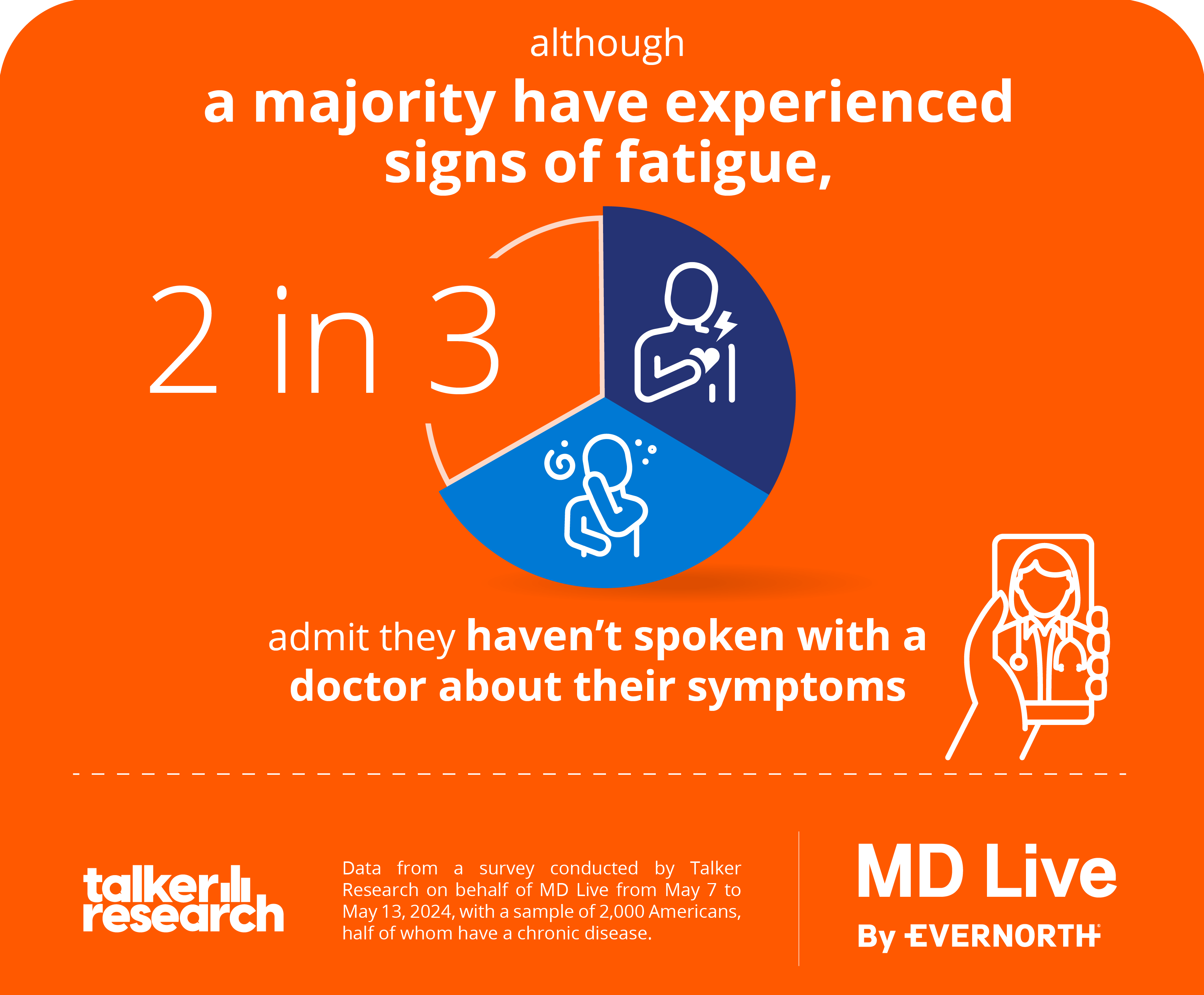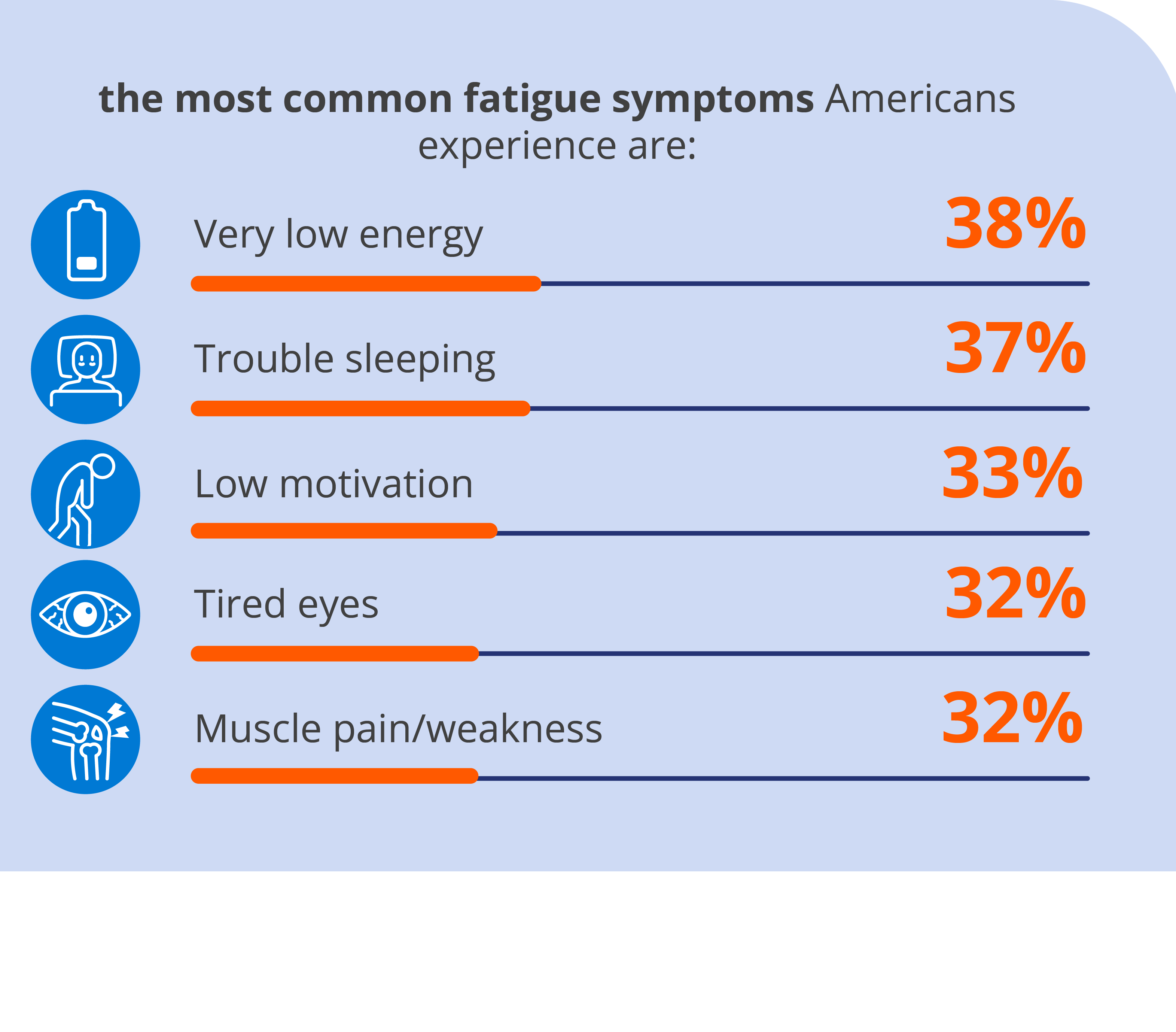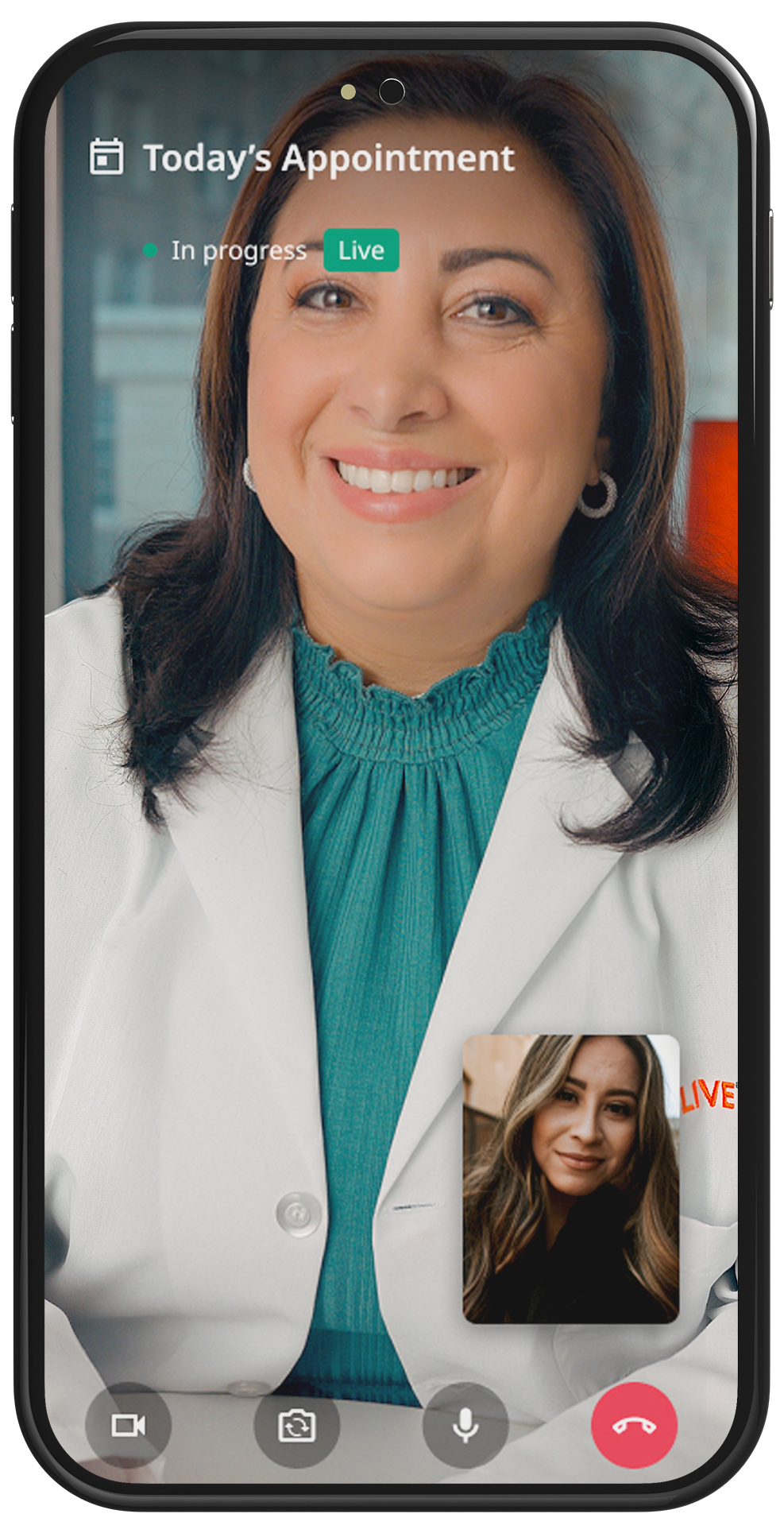Are you tired, or are you fatigued?
How to know the difference and when you should get help.
We've all experienced the occasional, overwhelming feeling of tiredness – from yawning through an afternoon meeting to yearning for the sweet relief of crawling into bed at night. This kind of tiredness usually stems from a busy day or a poor night's sleep, and it can typically be remedied by rest. However, not all feelings of tiredness are created equal.
While words like "tired," "exhausted," and "fatigued" are often used interchangeably, there is an important distinction between feeling sleepy and feeling fatigued.
Understanding these differences can help you identify whether you simply need a good night's sleep or are dealing with a more persistent issue that warrants a conversation with your doctor.
For some, fatigue is the chronic condition. Chronic fatigue syndrome (CFS) is a complex disorder characterized by extreme fatigue that doesn't improve with rest and worsens with physical or mental activity. CFS can severely impact a person's quality of life and requires specialized medical treatment.
7 tips for waking up refreshed:
While these tips can help alleviate tiredness, fatigue can be more challenging to treat and often requires addressing the underlying health issues causing it. This might involve managing chronic health conditions, seeking therapy for mental health issues, or taking supplements to correct nutrient deficiencies. Always consult your doctor before taking any supplements.
Posted date: June 06, 2024

